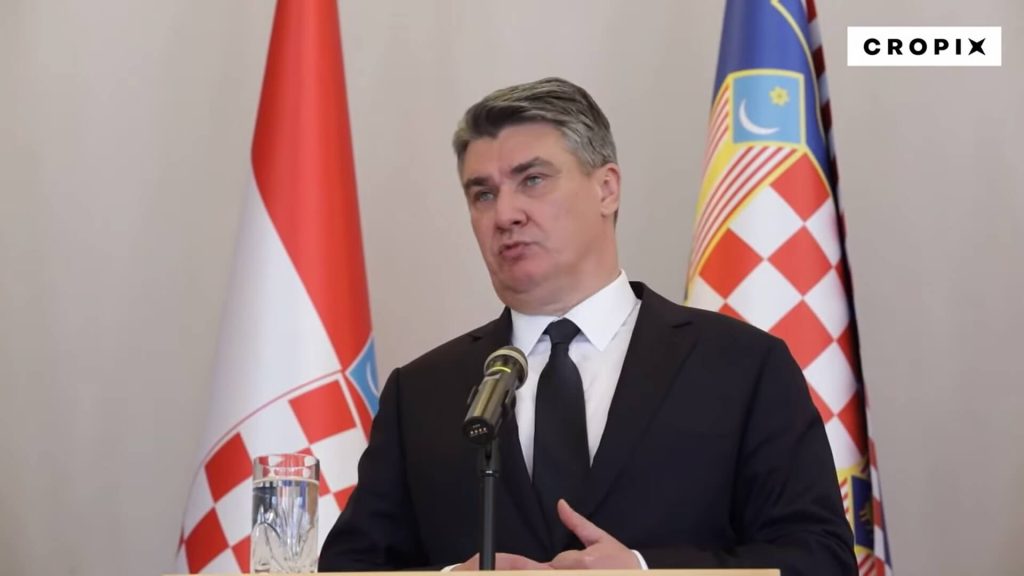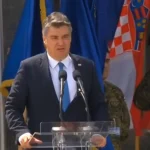Today, in independent Croatia, the Roma have their state, a state which wants them as equal fellow citizens, but also a state which, aware of the unique fate and living conditions of the Roma, besides formally recognising their minority status, must also assume special responsibility for improving their living conditions, the president said in his message.
The problems which have always plagued the Roma minority have not disappeared, somewhere they have been alleviated, but somewhere they are still very evident. What can help the most in solving them is patient and organised common work, he said.
The education of Roma children and youth, from kindergarten to university, is closely related to employment, housing, healthcare and access to culture, Milanović said.
We can clearly gauge equality by the number of Roma children who attend school and university, by the social and municipal standard of Roma families, and by the possibilities of employing Roma in various segments of social and economic life, he added.
The cultural promotion and scientific affirmation of the Roma language as well as the political affirmation at every level are the components of the same mission and goal. That’s why observing International Romani Day in Croatia is culturally and politically important for the entire Croatian society, and not just symbolically, the president said.
Milanović’s advisor on human rights and civil society Melita Mulić was his envoy at a ceremony held at the Zagreb National and University Library to mark International Romani Day.
For more about politics in Croatia, follow TCN’s dedicated page.











